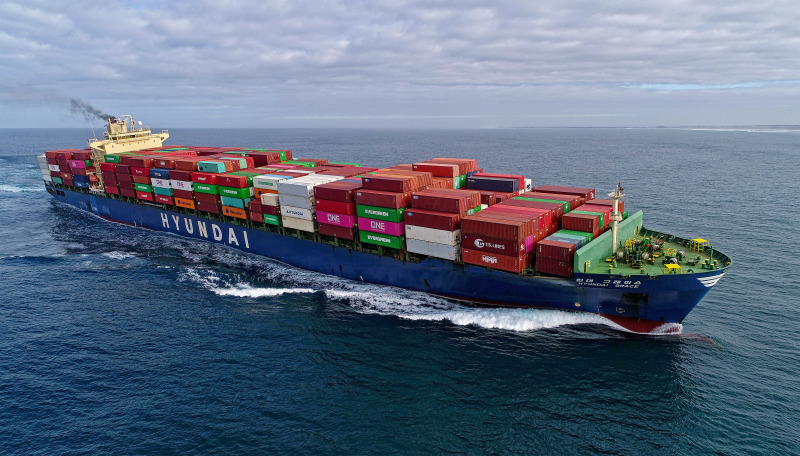Half of the container ships that regularly pass through the Red Sea and Suez Canal have chosen to avoid the route due to the threat of attack, according to the latest industry data.
According to statistics from Flexport, a total of 299 freighters with a combined capacity of 4.3 million containers have changed their routes or are planning to change their routes. This number is roughly double the level a week ago and represents approximately 18% of global capacity.
According to Flexport, compared with shipping between Asia and Europe directly through the Suez Canal, rerouting the voyage to Africa will take 25% longer. And rerouting will increase the cost of shipping cargo ships. If this situation continues in the long term, it may lead to higher prices for everything from sports shoes to food to oil, ultimately affecting consumers.
Teodoro, senior consultant at MDS Transmodal, believes that "in addition to rerouting, shipping companies can also start to adjust their shipping networks."
Teodoro also emphasized that the disruptions in the Suez and Panama Canals highlighted the need for an international authority to monitor how capacity is provided and at what price if we want a more resilient global supply chain.


